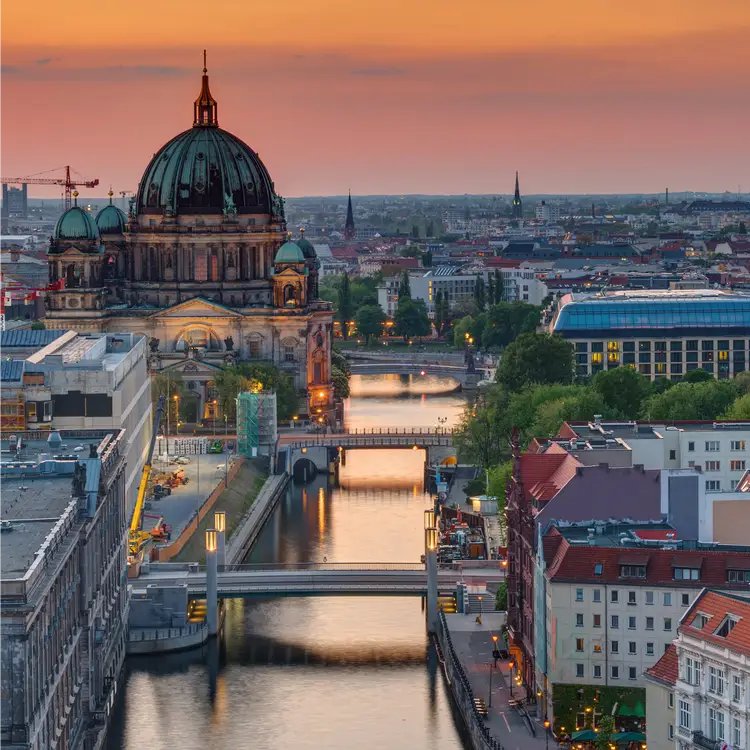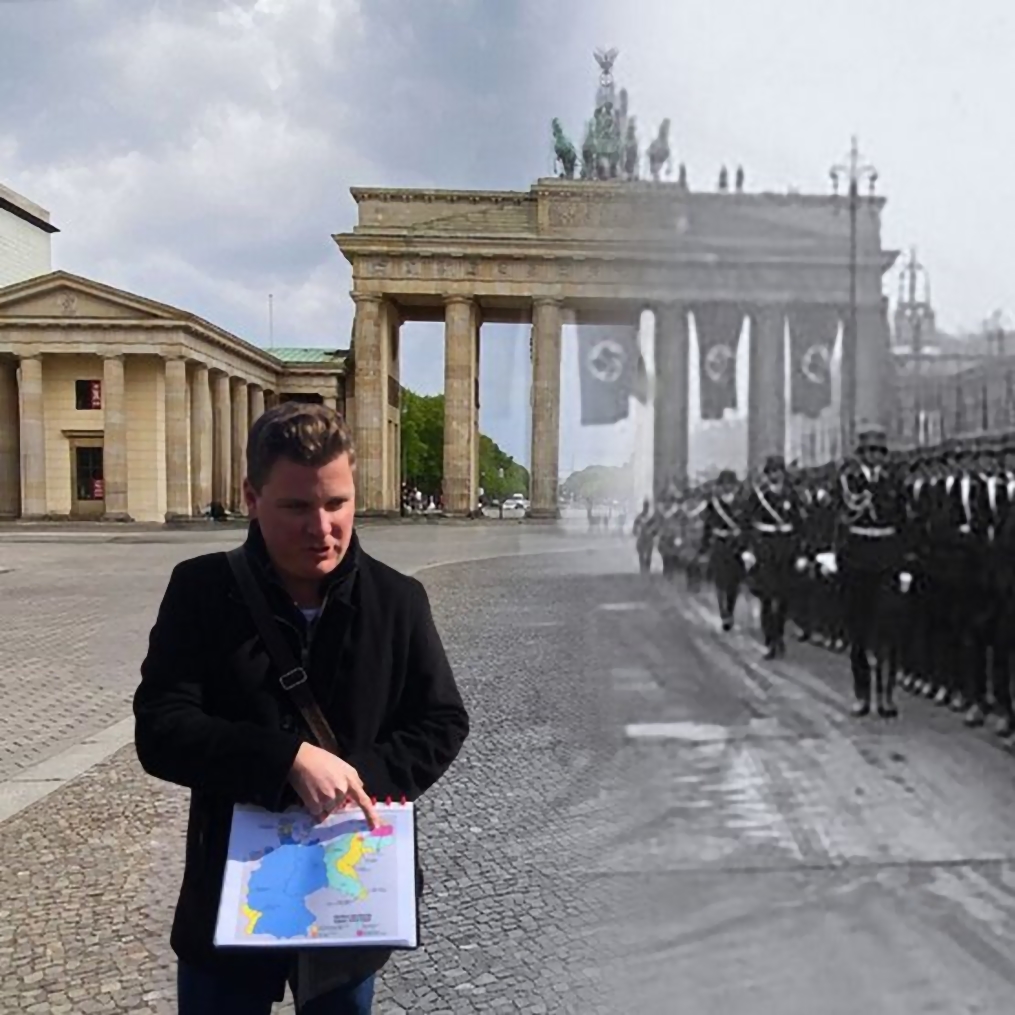
Berlin, the capital of Germany, is an eclectic mix of history, art, and contemporary culture. Best known for its iconic Brandenburg Gate, Reichstag building, and Berlin Wall remnants, the city is packed with various landmarks and attractions. The city's diverse cultural landscape, filled with unique architecture and public spaces, is neighbored by monuments like the Holocaust Memorial, showcasing its significant historical context. It is also a vibrant nightlife and entertainment hub with numerous bars, clubs, and delicious food spots.




Berlin is a must-visit travel destination in Europe, offering an unmatched blend of history, culture, and contemporary attractions. From its iconic landmarks and world-class museums to its diverse neighborhoods and dynamic nightlife, Berlin promises an unforgettable experience for travelers seeking a taste of Europe's rich past and vibrant present.
Berlin is home to a multicultural and diverse population. People from various backgrounds, nationalities, and ethnicities have made Berlin their home, contributing to the city's cosmopolitan character. The city has attracted individuals from around the world, including artists, musicians, writers, and entrepreneurs.The city's diversity, history, cultural offerings, entrepreneurial spirit, and inclusive atmosphere make it a vibrant and welcoming place for people from all walks of life. Berlin is known for its vibrant LGBTQ+ community and inclusive atmosphere. The city embraces diversity and has a thriving queer nightlife scene, with numerous clubs, bars, and events catering to different preferences. Berlin's openness and acceptance of different sexual orientations and identities further enhance its cosmopolitan character.Berlin offers a unique blend of old-world charm and modern sophistication. From iconic landmarks and world-class museums to a thriving arts scene and eclectic neighborhoods, Berlin promises a dynamic and unforgettable experience for every visitor.
Berlin's tumultuous past is evident in its numerous historic landmarks and sites. The iconic Brandenburg Gate, a symbol of unity and peace, and the Berlin Wall, which once divided the city into East and West, are essential stops for any visitor. The Reichstag building, home to the German Parliament, and the Holocaust Memorial serve as poignant reminders of the city's complex history.
Berlin is home to an impressive collection of museums that cater to a wide range of interests. Museum Island, a UNESCO World Heritage site, hosts five world-renowned museums, including the Bode Museum, Pergamon Museum and the Altes Museum. For contemporary art enthusiasts, the Hamburger Bahnhof and the Berlinische Galerie offer extensive collections of modern and contemporary works.
As a hub of creativity, Berlin boasts a thriving arts scene, featuring countless galleries, performance spaces, and street art installations. The city's East Side Gallery, an open-air gallery displaying murals on a remaining section of the Berlin Wall, showcases the work of artists from around the world. The diverse neighborhoods of Kreuzberg, Neukölln, and Prenzlauer Berg are home to cutting-edge galleries and studios that celebrate the city's artistic spirit.
Berlin's diverse population and vibrant neighborhoods create a uniquely cosmopolitan atmosphere. From the bustling Turkish markets in Kreuzberg to the trendy cafes and boutiques in Mitte, Berlin offers a taste of cultures from around the globe. The city's culinary scene reflects this diversity, with an array of international cuisine and fusion restaurants alongside traditional German fare.
Berlin's nightlife is legendary, with a vast array of clubs, bars, and live music venues catering to all tastes. The city is famous for its techno scene, with renowned clubs like Berghain and Tresor drawing visitors from around the world. For a more relaxed evening, the vibrant bars of Friedrichshain and Charlottenburg offer a diverse range of entertainment options.